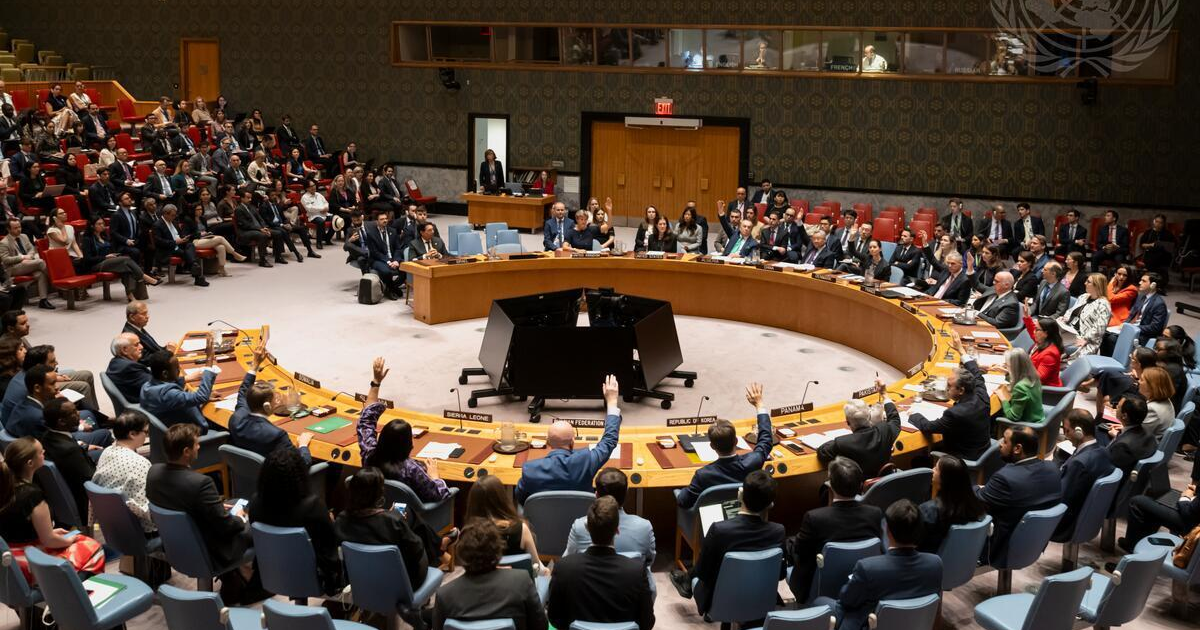The United States has taken a firm stance against any unilateral moves that would lead to the recognition of a Palestinian state, especially in the context of the upcoming UN conference aimed at resolving the Israel-Palestine conflict. Through diplomatic demarches, the US has warned countries that any participation in the conference or implementation of anti-Israel measures will be considered contrary to US foreign policy interests and may result in sanctions. While the US emphasizes that unilateral actions will not contribute to peace and Israel’s security, France and Saudi Arabia, as hosts of the conference, advocate dialogue and potential recognition of Palestine. This situation is causing tensions in international diplomacy, with differing views on the best approach to resolving the Israeli-Palestinian conflict.
Political Perspectives:
Left: Left-leaning outlets emphasize the importance of Palestinian self-determination and criticize the US for using its power to suppress international efforts towards Palestinian statehood. They highlight the US stance as obstructive to peace and accuse it of siding unconditionally with Israel, potentially undermining international law and human rights.
Center: Centrist sources report the facts of the US opposition to unilateral recognition of Palestine and the diplomatic tensions surrounding the UN conference. They present the US concerns about security and the complexity of the peace process, while also noting the efforts by France and Saudi Arabia to facilitate dialogue. The coverage tends to be balanced, showing the positions of all parties involved.
Right: Right-leaning media focus on the US commitment to Israel’s security and sovereignty, portraying the US opposition to unilateral Palestinian recognition as a necessary stance to prevent destabilization and support Israel against terrorism. They often frame the UN conference as potentially rewarding Hamas and undermining Israel, emphasizing the threat posed by unilateral moves and the importance of US sanctions.































